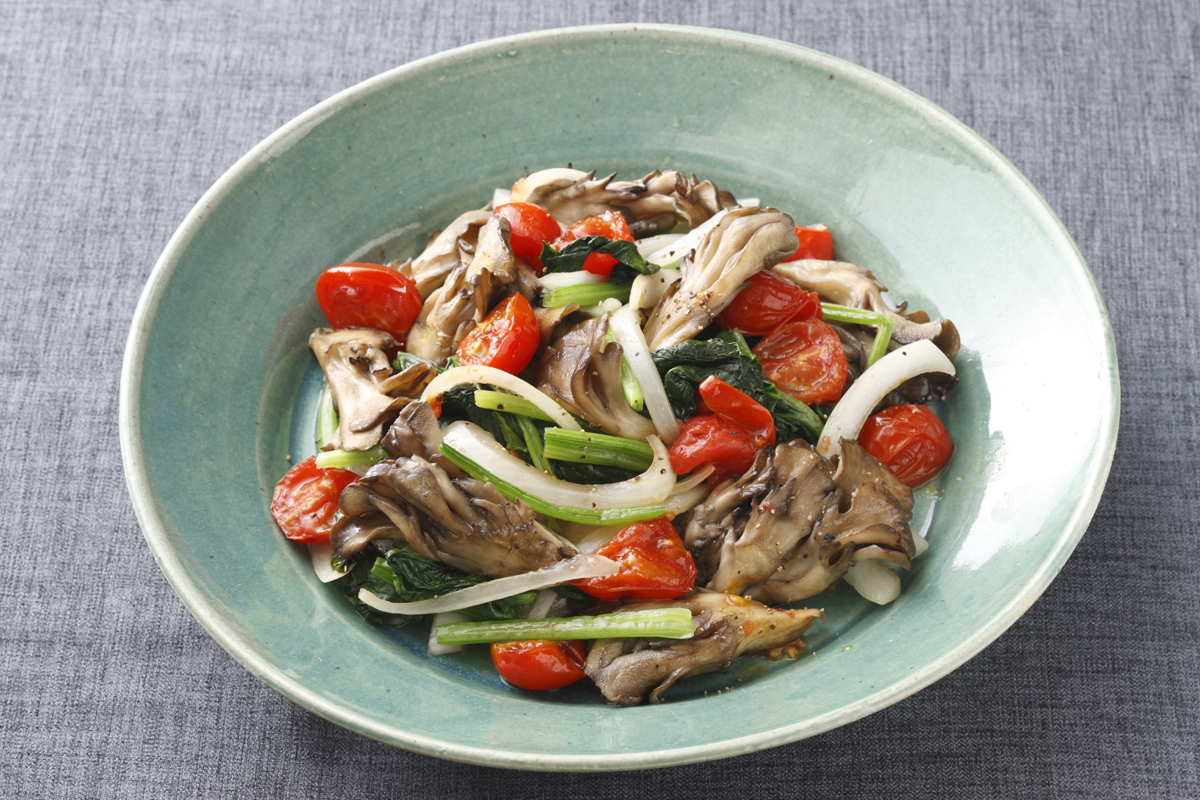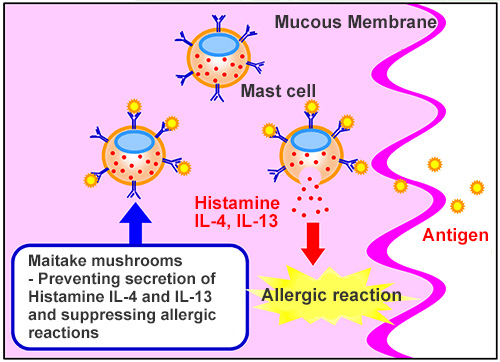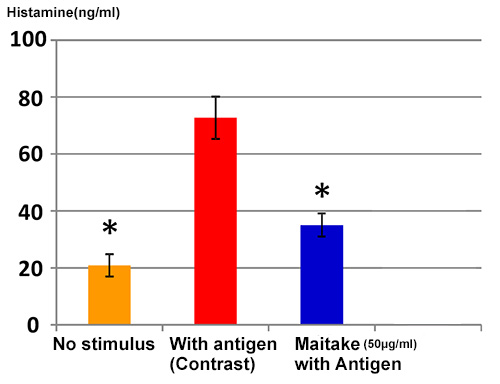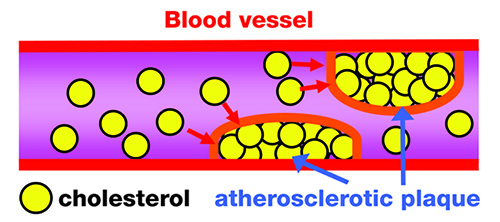What is the role of Thiamine or vitamin B1?
Vitamin B1, the first member of the vitamin B complex family, is an essential nutrient for the body.
Vitamin B1 is required by the body to establish ATP (adenosine triphosphate), which is used by cells, in the body, to release energy.
Vitamin B1 aids in changing carbohydrates into glucose. In other words, it transforms foods consumed, into energy that the body requires. In addition, it also helps break down fats and protein.
Thiamine helps to promote a healthy and active nervous system, and also improves the functioning of the heart.
Also known as the “anti-stress” vitamin, vitamin B1 vitamins helps the body to withstand intense stress and helps to promote healthy hair, skin, mouth, liver, and eyes.
Lack of vitamin B1 may cause diseases such as:
- You might suffer from both dry and wet varieties of Beriberi.
- Alcoholics might experience severe brain abnormalities such as the Wernicke-Korsakoff syndrome.
- Possibilities of Anorexia.
- Heart failure and increased heart rate.
- Congestion in the lungs.
- Burning and prickling sensation in the feet and toes.
- Abnormal development of nerves and muscles.
- Frequent fatigue and psychological depression.
- Nausea and headaches.
- Discomfort in the abdomen.
- Chances of developing cataracts.
- An elevated possibility of getting Alzheimer’s disease.
Vitamin B1 might be created exclusively in fungi, bacteria, and plants despite all living creatures needing it. It is an important nutrient for humans because, like all other animals, they need to acquire it through their diet. While a deficiency in mammals leads to optic neuropathy, Korsakoff’s syndrome and Beriberi disease, which attacks the cardiovascular system and/or the peripheral nervous system, in birds, polyneuritis is far more common due to the lack of vitamin B1. If left untreated, a deficiency might even prove to be fatal. In cases which are not severe, there might be occurrences of weight loss, confusion, malaise, and irritability.
Thiamine mononitrate, which is non-hygroscopic, is the Vitamer which has been employed for food and flour fortification. Vitamin B1 is on the list of one of the most crucial medications required in a rudimentary health system, namely, the List of Essential Medicines of the World Health Organization.
When thiamine became the first water-soluble vitamin to be detected, many more such trace compounds necessary for the survival were gradually discovered.
A surgeon general who worked in the Japanese navy by the name of Kanehiro Takaki had refused the earlier germ theory attributed to beriberi and contemplated that it was caused due to deficiencies in the diet. He discovered that when he switched the diet of white rice to a diet consisting of bread, meat, barley, milk, and vegetables, he was able to reduce beriberi on a navy ship on a voyage. But having randomly added food products into the diet which was successful, he wrongly thought that the beriberi was cured due to the increased intake of nitrogen.
However, in 1905, anti-beriberi factor was found in brown barley rice and rice bran and Takaki’s efforts were appreciated finally. He was made a baron in the peerage system of Japan and Takaki was henceforth known as the ‘Barley Baron.’
Vitamin B1
0.12

0.10

0.06
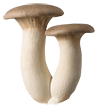
0.05

0.08

0.07

0.04

0.08






